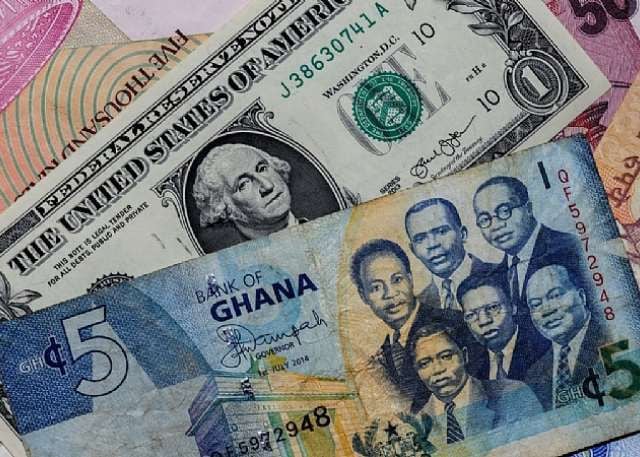The Ghanaian Cedi has continued its positive trajectory against the US dollar, demonstrating notable strength in the foreign exchange market. As of May 16, 2025, data from Cedirates.com, a trusted source for currency information in Ghana, indicates a buying rate of GHS12.24 per dollar and a selling rate of GHS13.01. This signifies a favorable position for the cedi, implying that individuals looking to acquire dollars would need to pay GHS13.01 for each dollar, while those selling dollars would receive GHS12.24. This relative strength of the cedi suggests positive economic indicators and potentially decreased import costs for goods priced in dollars.
At forex bureaus, the exchange rates show a slightly different picture. Individuals seeking to exchange dollars for cedis can expect a rate of GHS13.10 per dollar, while those converting cedis to dollars will face a rate of GHS13.65 per dollar. The difference between the interbank and forex bureau rates reflects the varying operational costs and profit margins within the different segments of the currency exchange market. The slightly higher rates at forex bureaus are typical, catering to smaller transactions and immediate availability of foreign currency.
The interbank market, where financial institutions trade currencies among themselves, reveals a tighter spread between buying and selling rates. The buying rate for dollars stands at GHS12.39, while the selling rate is GHS12.41. This narrow margin indicates the stability and liquidity within the interbank market, facilitating large-volume transactions between banks and financial institutions. The interbank rates often serve as a benchmark for other segments of the currency market.
The Ghanaian Cedi also exhibits a competitive stance against other major international currencies, including the British pound and the euro. The average exchange rate for converting pounds to cedis is GHS16.18, while converting cedis to pounds will cost GHS17.24. Similarly, the euro trades at GHS13.63 when exchanging euros for cedis and GHS14.60 when converting cedis to euros. These figures suggest a relatively strong position for the cedi in comparison to both the pound and the euro.
On the Bank of Ghana’s interbank market, the British pound is selling at GHS16.48, and the euro is trading at GHS13.87. These rates, established by the central bank, play a significant role in influencing the overall currency market in Ghana. The Bank of Ghana’s rates often reflect the broader macroeconomic conditions and its monetary policy objectives.
For individuals looking to transfer money from the US or the UK to Ghana, money transfer services like LemFi and Afriex offer competitive exchange rates. LemFi offers a rate of GHS12.25 per dollar, while Afriex provides a slightly higher rate of GHS12.34 per dollar. For British pound transfers, LemFi and Afriex provide rates of GHS16.40 and GHS16.53, respectively. For euro transfers, Afriex offers GHS13.90, while LemFi provides GHS13.88 per euro. These digital platforms offer a convenient and often cost-effective alternative to traditional banking channels for international money transfers.
For digital subscription payments to services like Netflix, Spotify, or Apple Music using Visa and Mastercard, the exchange rate stands at GHS13.38 for both card networks. This standardized rate offers a predictable cost for users of these international digital services, simplifying budgeting and payment management. The consistent rate across both Visa and Mastercard reflects the widespread adoption and global nature of these payment platforms.
In conclusion, the Ghanaian Cedi has demonstrated resilience and a positive trend against major international currencies. The data from various sources points to a strengthening cedi, offering favorable exchange rates for those exchanging foreign currency for cedis. While variations exist between interbank rates, forex bureau rates, and those offered by money transfer operators, the overall picture suggests positive economic indicators and a stable currency environment. This consistent appreciation can potentially contribute to lower import costs and increased purchasing power for consumers, contributing positively to the Ghanaian economy. The readily accessible information through platforms like Cedirates.com empowers individuals and businesses to make informed financial decisions in the foreign exchange market.














